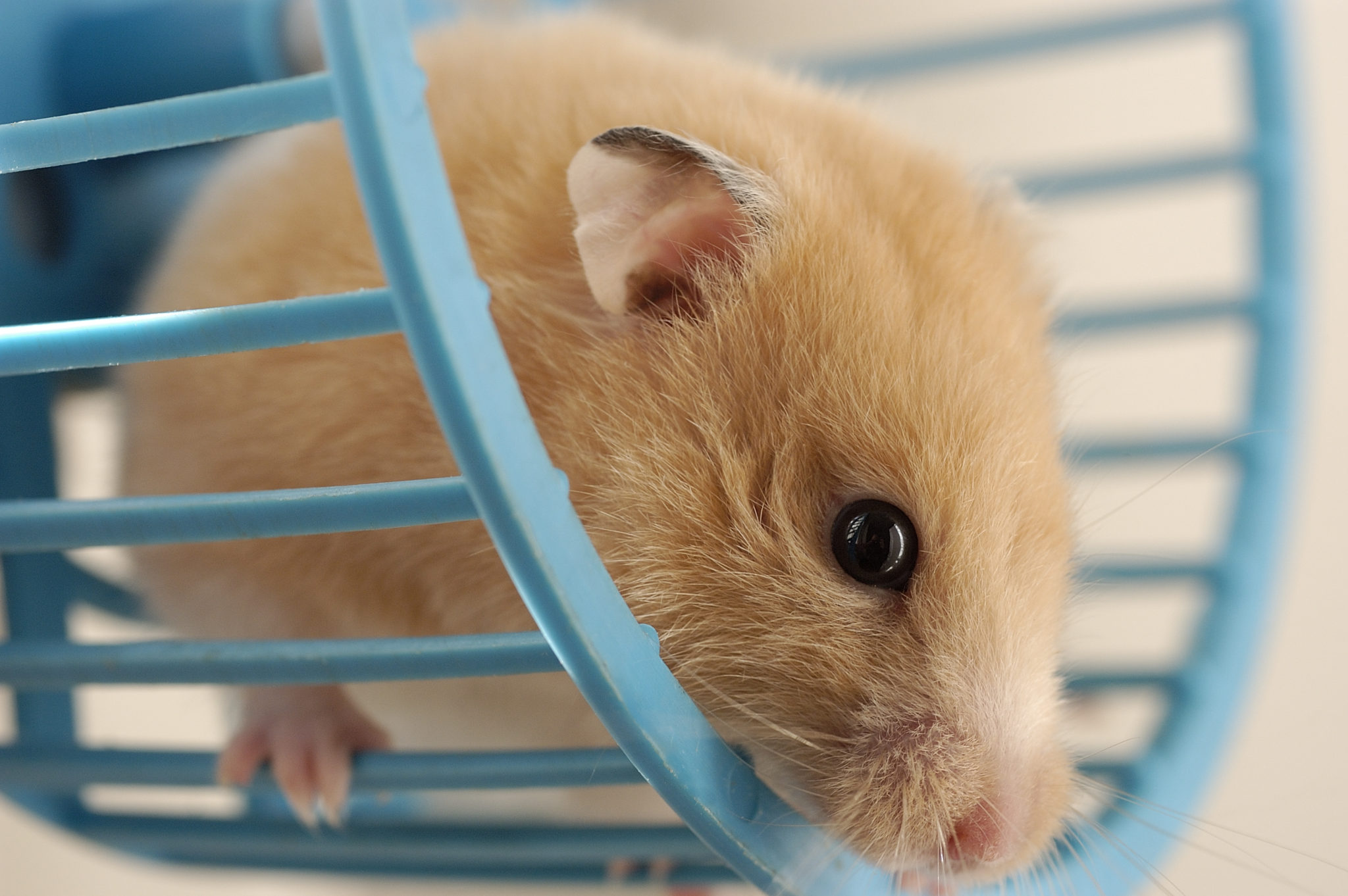
Apr 01, 2020 | By, For Pet's Sake
National Pet Month: All types of pets deserve proper care
April is officially National Pet Month. Maybe you’re thinking about adding a pet to your home, or perhaps you already have a full house. Whatever your situation is, this month is the perfect time to learn how you can help your furry (or scaly or feathery) friends live their best lives.
Here are some tips to consider when caring for a pet that isn’t as typical as a cat or dog.
If you think rabbits are a pet for beginners, think again. These animals are just about as hard to please as Rabbit in Winnie the Pooh. They require four to five hours of playtime each day, plus toys to engage their minds. Rabbits are prone to boredom, obesity, and depression if they aren’t stimulated. You’ll need to provide a litter box for them, and you’ll also need to house them in a cage that is at least four feet long, two feet wide and four feet tall.
Rabbits eat hay, veggies, and rabbit pellets, but hay is the most essential of these. Chewing on hay helps prevent dental disease, and ingesting it helps with digestion.
Food and environment are essential when caring for a bird. Your winged pal will do best with a majority of formulated bird pellets along with some healthy human foods, such as leafy greens, root vegetables, and organic fruits. Clean their cage daily for sanitary reasons and to help you notice any abnormalities that could be related to a medical condition.
Their food should be served in wide bowls instead of deep cups. Separating food and water dishes inside the cage will encourage your bird to move to retrieve its food. This may discourage overeating. Chewable items and enhancements like perches, pine cones, and branches can help keep your bird happy, too.
The stereotypical hamster wheel is necessary to keep this pet active and entertained. They also enjoy having a ball in their cage.
Food mixtures in stores will usually contain fruits, veggies, and seeds, but you can also give them fresh vegetables and fruit. Limit their fruit intake to prevent diabetes.
Fill the hamster’s cage with cellulose or plant-based fibers instead of wood shavings. This will act as their bedding. When it’s time to clean their cage, dump out the bedding, and wash it with soap and water.
As a word of warning, hamsters can live in pairs unless they are of the Syrian variety. Be careful when handling them because they may bite and can squirm out of smaller hands.
These are fun reptiles to own because they are attentive and active; however, they can become stressed or nervous if they are handled too often or not enough.
Lizards need ample space for their tail and swimming. Their size and diet can vary based on their species. You should also verify their health, physical appearance, and whether they have been in captivity throughout their lives.
Tarantulas
Tarantulas eat insects that are smaller than they are. Juveniles need to be fed every day, but adults only need to eat every other day. Fill their enclosure with a mulch-type substance and give them a place to burrow and hide. They also are not social, so if you want more than one, you’ll need to buy separate cases for each one.
Handling tarantulas is not recommended. They can get spooked and run away, which may result in them falling out of your hand. They also may bite when threatened, and their bite is venomous.
They thrive in dark spaces and are comfortable in temperatures between 75 and 85 degrees Fahrenheit. Do not use incandescent lights as a heating source because they can dry out the tarantula.
Also, be prepared for the molting period, which occurs when the spider sheds its exoskeleton and replaces it with a new one.
Buying a fish is very affordable, and you often can have several in one tank. And that’s precisely where the investment is: the tank. It should be equipped with filtration and heating systems, and adding a pirate ship can make it decorative. You should partially replace the water each week, and you should clean and refresh the whole tank monthly.
Overfeeding is a common issue with fish because they don’t have stomachs. Only feed them the amount they can eat in a couple of minutes. Research what type of fish you have so you can determine the type of food it needs and when it should be fed.
If you are considering any type of unusual pet, please consult local and state laws before you adopt one.
Have a question about pet health? Want to become the best possible pet parent? Find helpful tips, reminders, and insight to giving your furry friend the best possible care with For Pet’s Sake! Learn more at drdevonsmith.com.

